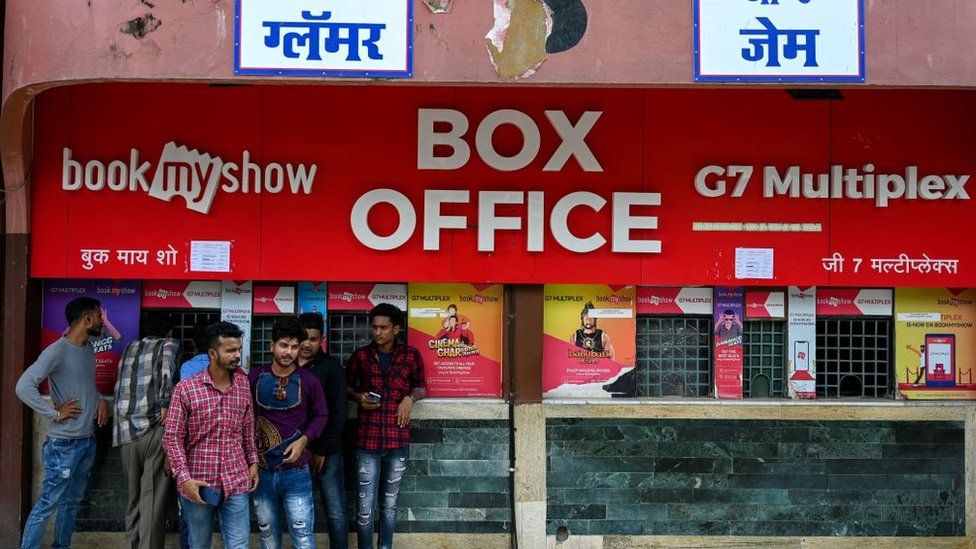-

-
-
Loading

Loading

Writing in Bollywood can be a lonely and unprofitable profession, unless a screenwriter manages to land a successful film that gives them recognition and financial rewards. However, many writers argue that the contracts they are required to sign are designed to protect the interests of the producers, leaving them with little money and limited opportunities. According to Anjum Rajabali, a senior member of the Screenwriters Association (SWA), these contracts often include clauses that allow producers to terminate them arbitrarily and offer low fees, particularly for newcomers. Writers are also not paid for reworking drafts, and producers have the final say on whether they should be credited for their work. Some contracts even prevent writers from approaching the union in case of disputes. The SWA has been advocating for writers' rights for many years, and recently held a meeting to discuss changes they would like to see in their contracts. Over 100 writers, including well-known Bollywood names, attended the meeting. The plan is to involve producers in these discussions to make contracts more equitable. While the successful outcome of the writers' strike in the US has given Indian screenwriters confidence to demand better terms, a strike is unlikely in India due to the importance of maintaining good relationships in the industry. Additionally, the prevalence of contracts for writers is a relatively new phenomenon in India. Previously, writers relied on oral agreements with producers, resulting in irregular payment. With the involvement of big corporations in funding studios, contracts became more common but also harsher and more unreasonable, according to Rajabali. One unfair clause that many producers have added to their contracts requires writers to indemnify them for any losses resulting from protests or controversies sparked by a film. Rajabali argues that this unfairly puts writers in a vulnerable position and negatively impacts their creativity. Some producers, however, have started taking steps towards improving the situation. Nikhil Taneja, who worked for a major Bollywood production company, now offers remuneration to writers that is proportionate to the scale of the project. He acknowledges that writers' contracts are exploitative, but attributes it to the risky nature of filmmaking. Taneja believes that change will only happen when writers demand their rights collectively. The SWA will continue to push for better terms for writers, including fair compensation, due credit, and the removal of exploitative clauses from contracts.